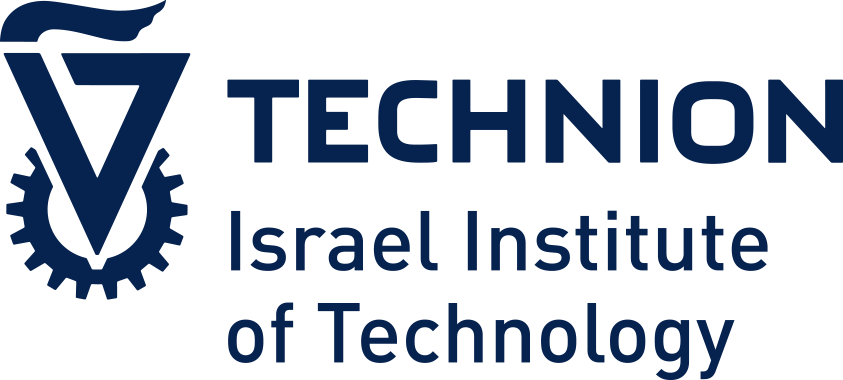Over deze cursus
The aim of this course is to provide graduate students in Materials Science and Engineering with a more advanced understanding for material failure, particularly as it applies to materials utilized in medical applications.
We will first cover several types of material failure such as fatigue cracking, interfacial debonding, corrosion, and biological incompatibility. Then, through the use of Harvard Business School case studies, we will discuss real-world cases where biomaterials failed, cover the business ramifications, and the engineering solutions. Several examples of success and failure case studies of biomaterial technologies from a material’s point of view, include the heart stents developed by Boston Scientific, mRNA vaccines by BioNTec, Allergan breast implants, Medtronic insulin pumps, Edwards Lifesciences monitoring platforms, Zimmer Biomet spinal fusion stimulators, and Theranos to name just a few examples. In each of these cases, engineers overlooked a critical material property that resulted in either mismatch with biology or a mismatch in design, or a material success. For example, we will discuss why silicone-filled breast implants was a bad design choice in the Allergan case study, and how they could have made better choices with the use of different encapsulating polymers or a hydrogel with different cohesivity. Material selection as well as post-processing and environmental issues will be covered in the context of each case study, as we try to understand as a class why the technologies failed. Students are expected to read the assigned literature materials prior to class and come prepared to actively discuss them.
- Defining material failure, from both the mismatch of practical engineering, and also from a commercialization perspective. What qualifies as success?
- Defining types of material failure and a brief introduction: fatigue, interfacial mismatch, corrosion, biological incompatibility.
- Case study on orthopedic implant failures at plates and screws. What goes into both the material selection and design of orthopedics, and how they always go hand-in-hand.
- Case study of Total Hip Replacement (THR) or the Charnley Prosthesis, covering wear and tear, designed use, fatigue, and galling.
- Case study of neural implants and how Young’s modulus mismatch can lead to significant tissue damage.
- Case study of Boston Scientific Heart Stents. The medical need for stents, and what goes into the design of first generation, second generation, and third generation stents. What properties do the materials need?
- Case study of mRNA Coronavirus vaccines by BioNTec, Pfizer, Sinopharm, and Johnson and Johnson. We will first discuss the different technologies and applied, how they are applied, and the biological and manufacturing implications.
- Allergan breast implants and the horrors of biocompatibility and how strong do biomaterials really need to be? What could the polymer engineers have done differently in selecting their materials, and why didn’t they?
- Case study on the Medtronic insulin pump recall and Edwards Lifesciences monitoring. Are some materials more susceptible to user or external user failure?
- Regulatory frameworks that govern biomaterial technology companies both in IL and the US.
- The case study about Theranos, particularly how regulatory agencies failed, the ‘design challenges’ of the medical need, and a background on microfluidic small-volume measurements.
- Guest speakers from startup technology companies, specifically focused on biomaterials
- Student case study presentations on material failure of their own choosing
SEMESTER START DATE: March 30, 2025
Contact Hours per Week: 2
Day & Time: TBD (will be announced by mid-December)
Leerresultaten
The aim of this course is to provide graduate students in Materials Science and Engineering with a more advanced understanding for material failure, particularly as it applies to materials utilized in medical applications.
Toetsing
Evaluation: 20% homework (mandatory) + 80% exam. Student case study presentation counts as part of the homework grade.
Voorkennis
No prerequisites required for the class. It is intended as a first-year, introduction class.
Activiteiten
Attend lectures and discuss assigned literature materials
Aanvullende informatie
- Neem contact op met een coordinator
- StudiepuntenECTS 3
- NiveauMaster
- Contact uren per week2
- InstructeursAsst. Prof. Joshua Grolman
- InstructievormHybrid
Aanbod
Startdatum
30 maart 2025
- Einddatum17 juli 2025
- Periode *Spring Semester 2024/2025
- LocatieHaifa
- VoertaalEngels
Inschrijvingsperiode gesloten
